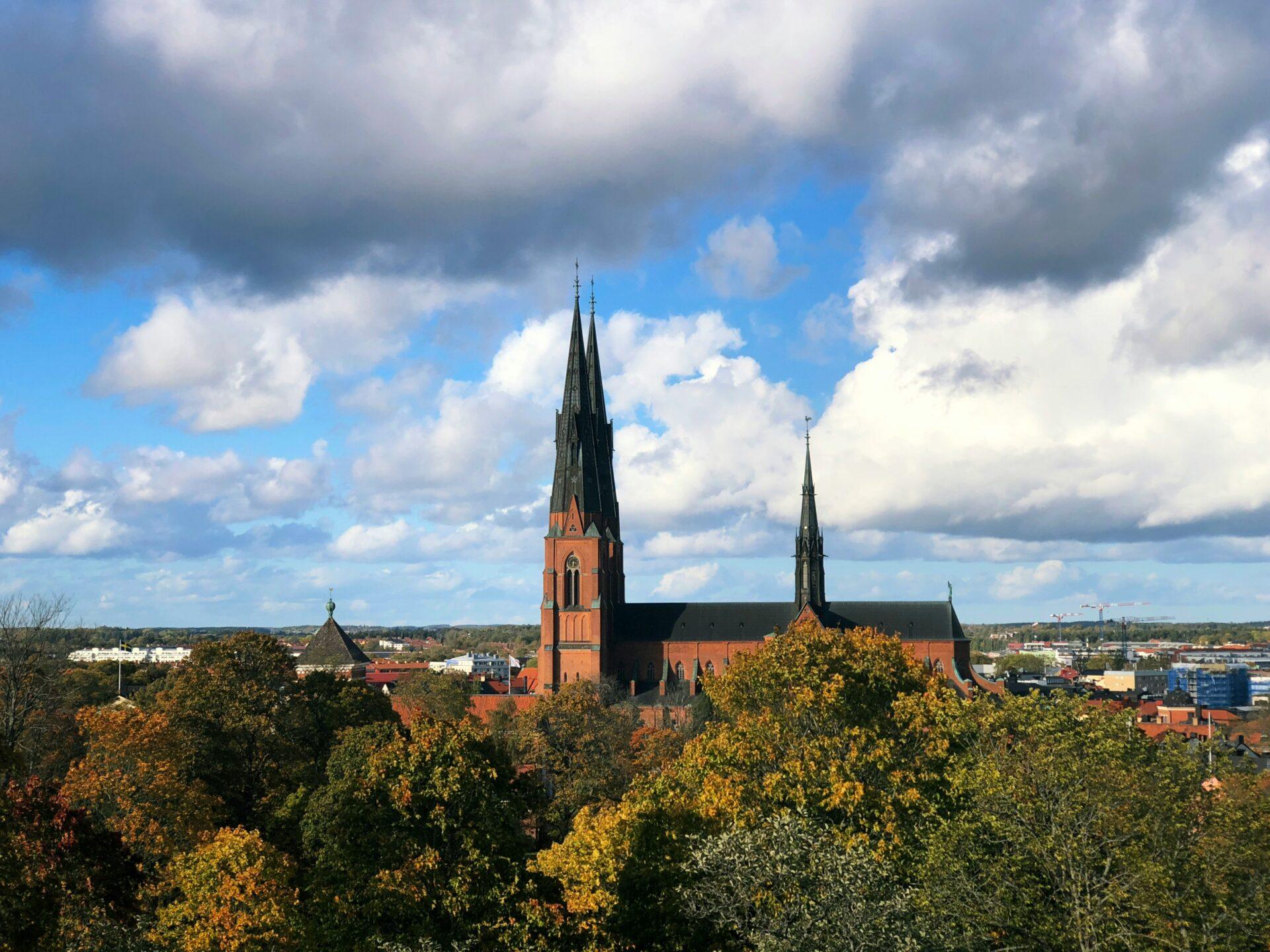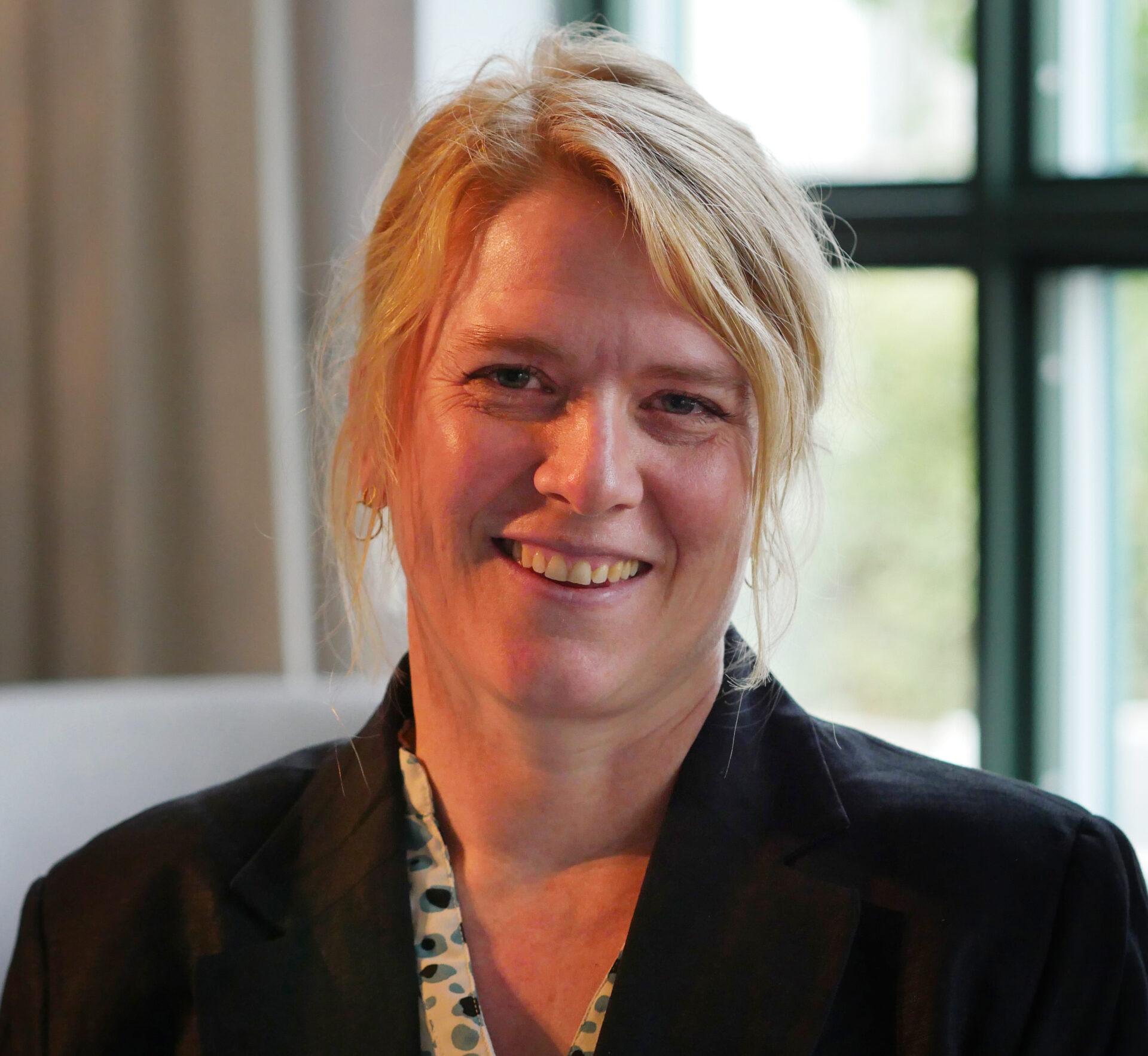
Social processes to initiate energy renovation of organisations’ buildings. The case of the Church of Sweden
The project aims to explore socially oriented strategies that promote energy renovations in buildings owned by organisations with limited energy expertise, using the Church of Sweden as a case study.
PROJECT INFORMATION
Timeline
April 2025 – July 2028
Total cost of project
5 220 888 SEK
Swedish Energy Agency’s project number
P2024-04046
Coordinator
RISE Research Institutes of Sweden
Participants
RISE, Church of Sweden, Boid
Project manager and contact
Carolina Hiller: carolina.hiller@ri.se

The project aims to explore socially oriented strategies that promote energy renovations in buildings owned by organisations with limited energy expertise, using the Church of Sweden as a case study.
As the pace of renovation is slow, the project will deepen the understanding of the challenges faced by parishes and identify the main social and organisational barriers that hinder energy efficiency. This will be done in close collaboration with parishes, experts and researchers.
The project is expected to result in:
- new knowledge about social barriers and motivating factors for initiating energy renovations, particularly when multiple values and energy objectives need to be considered.
- new insights into how a support function can strengthen procurers and decision-makers with limited expertise in energy and property management.
- an increased pace of energy renovation in existing buildings, focusing on buildings with high energy use and cultural heritage value.
The project involves interviews, surveys, participant observations and workshops with parishes. The Church’s joint support function plays a central role as a facilitator by providing participating parishes with energy-related guidance. Support measures and strategies are developed, tested, and evaluated to reduce barriers in decision-making and to strengthen both knowledge and motivation.
Targeted support for employees and elected representatives in parishes and other organisations with limited energy expertise is expected to lead to an increased pace of renovation. The project results will be used to continuously develop the Church’s support function and to overcome social barriers to energy renovation. Insights will also be transferable to other organisations with decentralised decision-making and building ownership. Other religious communities, associations, and housing cooperatives are therefore represented in the reference group to provide inspiration and to scale the results.
A research forum (Uppsala University Campus Gotland, University West, and the City of Gothenburg) is linked to the project to ensure scientific quality and relevance.
A reference group has been established for the project, consisting of representatives from Riksbyggen, HSB, Equmeniakyrkan (the Uniting Church in Sweden), Riksidrottsförbundet (theSwedish Sports Federation ) and Statens fastighetsverk.
